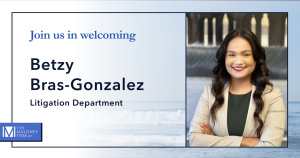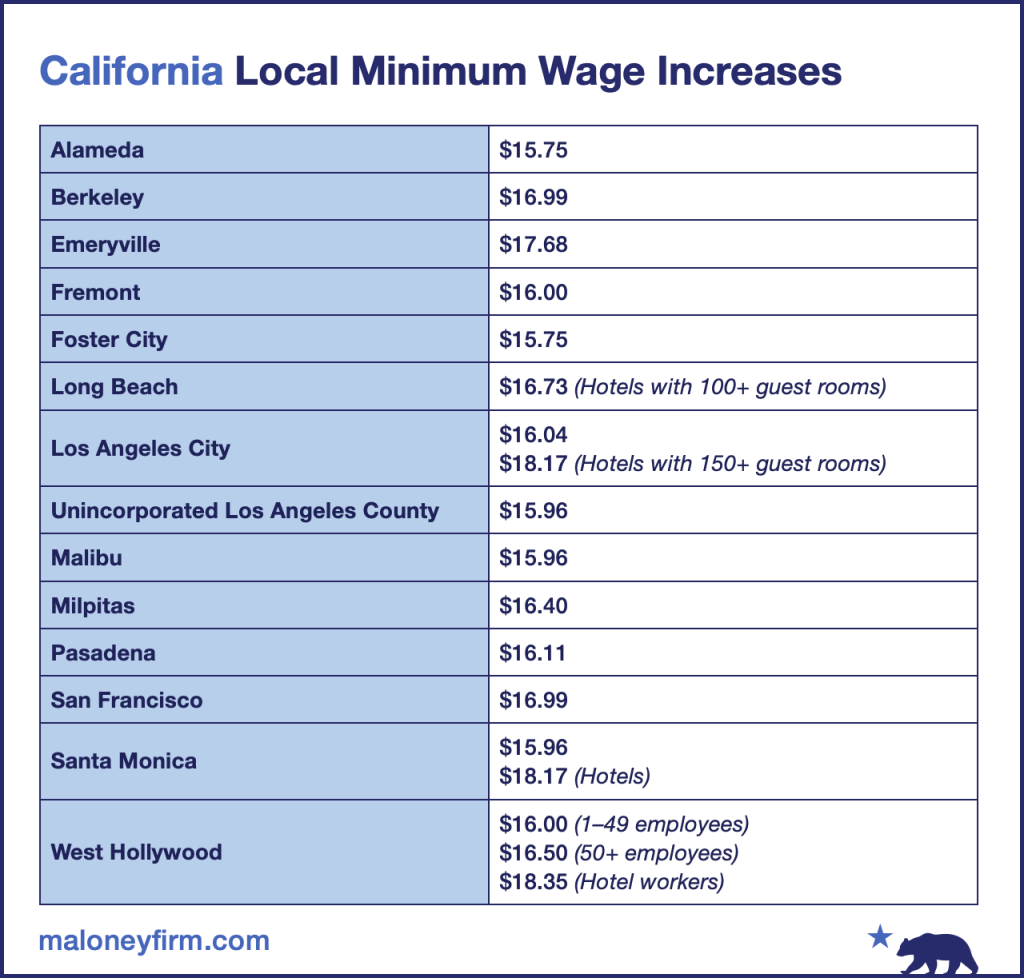Co-authored by Carl I. S. Mueller, Esq. and Gustavo Silvestre Boldrini, Esq.
.
Intervention can be a useful tool when your clients’ rights or interests may be affected by the outcome of a suit they were not named in. The importance of intervening correctly and being admitted to the suit prior to engaging in litigation were recently highlighted by a Second District appellate decision.
.
The Second District Court of Appeal issued an appellate decision on Pierre Richard v. James A. Frieden and Denise Tukes (Super. Ct. L.A. County, 2020, No. 19STCV44270) affirming the trial court’s ruling that the plaintiff in a malicious prosecution case lacked standing because he had not been named or properly intervened in the underlying lawsuit. Accordingly, the Court held that plaintiff had no probability of prevailing and could not defeat an anti-SLAPP motion.
.
Background
.
Pierre Richard (the plaintiff) and Louise Clare were beneficiaries of the Bennett Trust. Denise Tukes is Louise’s daughter. The Bennett Trust and the Pitts Trust co-owned real property and agreed to its sale in 2006. However, over a decade passed with no progress on the sale. Initially to aid her mother and then based on a promise from the trustees, Tukes committed herself to finding a buyer for the property. Tukes dedicated herself full time, going as far as dropping out of college. Eventually, she succeeded in finding a buyer, and the property sold for $13 million. When Tukes asked the trustees for a finder’s fee, they declined.
.
Tukes filed suit in 2018, naming the trustees of each trust only. Although he was not named in the suit, Richard filed an answer. As a beneficiary of the Bennett Trust, Richard sought to defend against the claims to protect his own interests in the trust. Richard did not seek leave of court to intervene in the case, nor did the other parties recognize him as a party to the suit. The trial court subsequently designated Richard as a “non-party.” In 2019, Tukes filed a request for dismissal as to the Bennett Trustee and “any claims against Richard.” The case was then moved to federal court where it eventually settled. Tukes filed a dismissal with prejudice as to the Pitts Trustee.
.
In December of 2019, believing that the initial suit against the trustees by Tukes was frivolous—despite never having actually been sued by Tukes—Richard filed a malicious prosecution claim against Tukes and her attorney, Frieden. In response, Tukes and Frieden filed anti-SLAPP motions pursuant to Cal. Code of Civil procedure (“CCP”) § 425.16(b)(1). They argued that filing the Tukes action for a finder’s fee was protected petitioning activity, and, as a non-party therein, Richards lacked standing and thus could not show a probability of prevailing on a claim for malicious prosecution. The trial court agreed. The trial court granted Tukes and Frieden $49,071.50 and $26,905 in attorney fees, respectively. Richard appealed.
.
The Appeal
.
The Court of Appeal upheld the trial court’s decision, finding that Richard was not a party to the underlying action and therefore lacked standing to bring a malicious prosecution claim. The Second District Court of Appeal stated that an individual not named may seek leave to intervene in a suit, but doing so requires the party wishing to join the suit to obtain the Court’s permission. Richard failed to do so.
.
Alternatively, courts have excused an interested parties’ failure to ask for permission to join a suit where the other parties to the suit have accepted the intervention. In Traweek v. Draper, (1956) Cal.App2d 119, 122, the failure to comply with CCP § 387 was excused because the parties treated the complaint of a non-party as being valid. Similarly, in Tyrell v. Baldwin, (1885) 67 Cal. 1, individuals not named in the original complaint filed an answer and were acknowledged by the plaintiffs as being parties to the suit. When judgement was rendered against the new defendants, they challenged their status as parties. The appellate court in Tyrell rejected the challenge of the new defendants, stating that they had been successful in their intervention “… by tacit consent”. Id. No such facts exist here. Richard was not accepted into the suit by the parties and was deemed a “non-party” by the court.
.
The Takeaway
.
Proper intervention by an individual into a matter can be attained via CCP § 387 or, in certain circumstances, by the behavior of the parties. Failing to properly intervene in an action that concerns your rights or your client’s rights can have severe consequences down the road. As such, when faced with a case that matters to you, seek leave to intervene from the court.
.
About the Authors:
.
Carl I. S. Mueller is a business litigation attorney that represents clients in all phases of civil litigation. Mr. Mueller’s practice has a focus on attorney-client disputes of all kinds. If you have questions regarding this article contact Carl Mueller at cmueller@maloneyfirm.com.
.
Gustavo Silvestre Boldrini is an associate in the firm’s business litigation group. He is experienced in all aspects of litigation, including early case strategy and evaluation, discovery, depositions, law and motion practice, mediations, and trial preparation.
.






